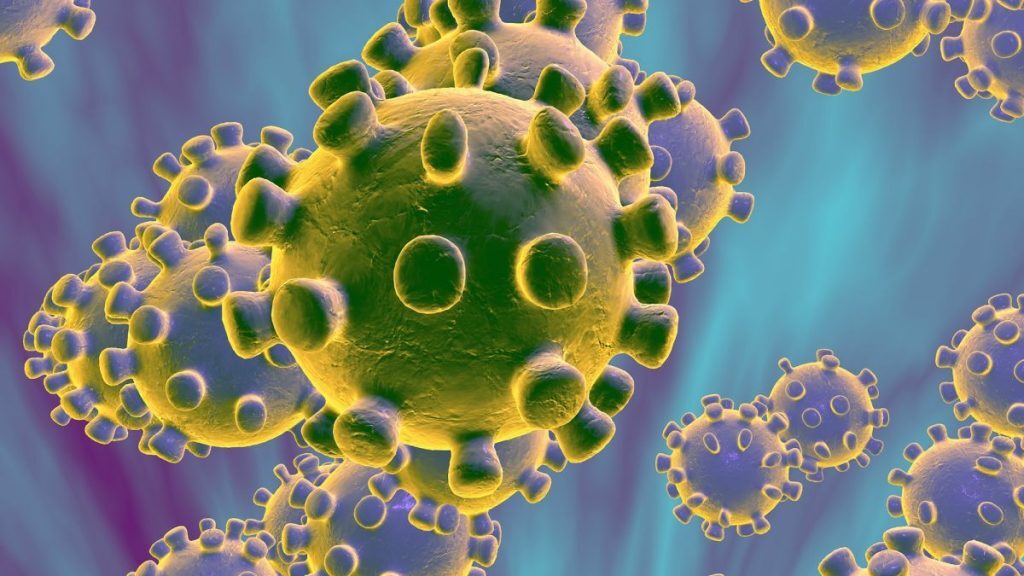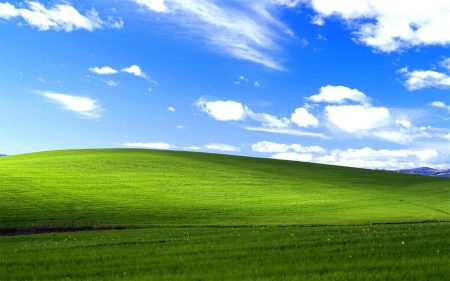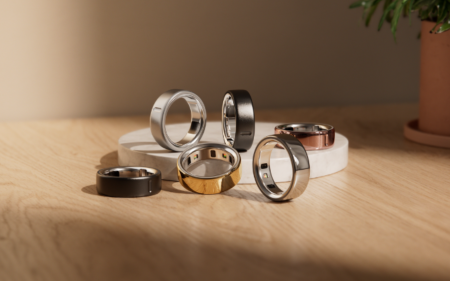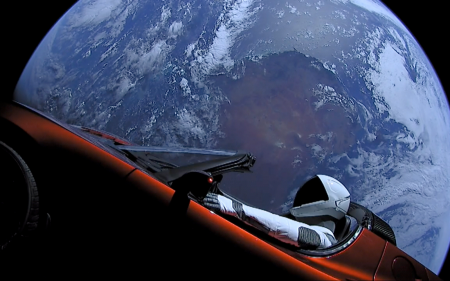Most South Africans had never heard the phrase “flatten the curve” before last week. Nor “social distancing”. A week ago, the seemingly improbable horror movie script of the global shutdown that has been caused by the novel coronavirus pandemic was farfetched. Now it’s our reality.
But it’s a strange reality, isn’t it? The clarion calls to “work from home” and “self-isolate” are all good and well for the middle classes with an office job that involves sitting behind a computer. For the working class, it’s an entirely different story.
Suddenly, South Africa’s steep Gini coefficient between rich and poor looks like an even wider gulf.
Advice from President Cyril Ramaphosa to wash your hands for at least 20 seconds is sound, but not after 25 years of ANC misrule that has seen corruption creep in and destroy vital infrastructure. Washing your hands is all good and well if you have a water supply to do that. As media revelations and exposes have shown, the water boards and actual piping infrastructure have been left to rot while local politicians have colluded to siphon off money intended for maintenance.
The public health system is so broken, so corrupted and so strained already, it’s close to collapse without a pandemic that has reduced Italy’s hospitals to a warzone. I’m truly terrified if we see the rate of infection in the country that has been overwhelmed so far.
In our technologically advanced world, it is possible to work remotely as you isolate at home – but only for a fraction of the population. If you are one of them, then you’re lucky it’s in the age of wireless broadband and smartphones. Data-only network Rain has announced an unlimited 4G data offering at R479 per month, which may be the best wireless option available – provided you live in a major city where its coverage is.
The tech tools are both mature and abundant, and thankfully cost-effective.
But part of the problem is the spread of the wrong information. No, the virus isn’t killed by temperatures over 24 degrees. Hong Kong’s daily temperature is more than that.
At least Facebook is taking the disinformation about this crisis seriously. Life and death, it turns out, is actually more important than elections. “When you’re dealing with a pandemic, a lot of the stuff we’re seeing just crossed the threshold,” CEO Mark Zuckerberg told The New York Times. Therefore “it’s easier to set policies that are a little more black and white and take a much harder line.”
The major social networks and online services – Facebook, Google, YouTube, Microsoft, LinkedIn, Reddit, and Twitter – released a joint statement saying they’re working with health authorities to clamp down on harmful information. It’s so bad, the World Health Organisation has labelled all this disinformation an “infodemic”. If you wanted to see the dark side of humanity, this profiteering off a crisis is it.
As this very business magazine wrote in February: “In the absence of information and with so many unknowns, fear is spreading faster than the coronavirus”.
Stay safe people.
This column first appeared in Financial Mail.




